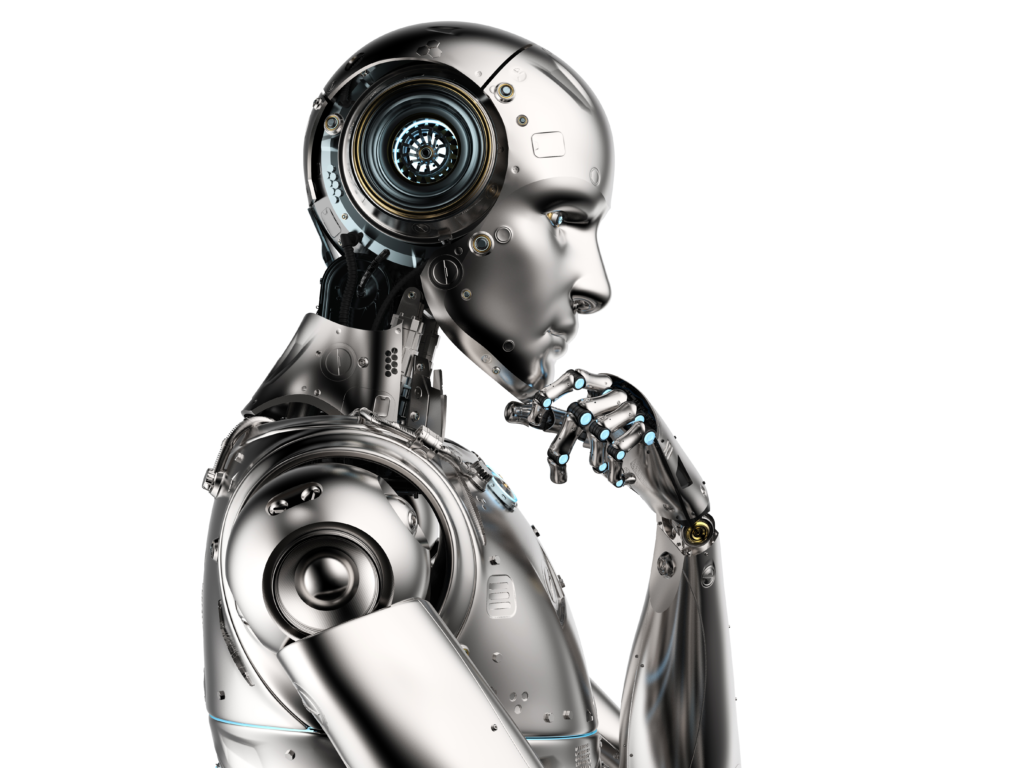Alan Turing, in his 1950 paper “Computing Machinery and Intelligence,” proposed the following question: “Can machines do what we (as thinking entities) can do ?” To answer it, he described his now famous test in which a human judge engages in a natural language conversation via teletype with one human and one machine, each of which try to appear human; if the judge cannot reliably tell which is which, then the machine is said to pass the test.
The Turing Test bounds the domain of intelligence without defining what it is. That is useful because people do not know, or at least cannot agree, about what intelligence is, we recognize it by its results. However, over the more than 50 years since Turing’s formulation, the term Artificial Intelligence has been loosely applied and is now often used to refer to software that does not by anyone’s definition enable machines to “do what we (as thinking entities) can do,” but rather merely emulate some perceived component of intelligence such as inference or some structure of the brain such as a neural network.
Sometimes even ancillary functions that support intelligence are included in the “field” of A.I.: artificial vision systems for instance. This is a little puzzling since no one says an eagle is intelligent even though they see better than humans.
Even the current loose usage has become a moving target. Chess playing programs were once considered on the forefront of A.I. but now that they have beaten human Grand Masters they are old hat. It has been suggested (somewhat tongue and cheek) that definition of A.I. should be anything that computers can’t do well or can’t do yet.
Recently the term “Artificial General Intelligence” (AGI) has come into use to refer precisely to the domain as Turing defined it. This what most people mean when they think about AI. Machines that can converse with us in our own language and actually comprehend what we are saying.
Is this just around the corner, decades away or is it altogether impossible? Opinions vary but one thing is for certain, if it does come it will transform our civilization. While real AI has subtle ramifications that will be explored here there is one obvious impact: productivity.
Productivity is a measure of economic health. It is defined as the number of man-hours it takes to produce some unit of value. For many decades is has been going up at the rate of 4% or 5% in the United States. Driven by technology that makes it cheaper and cheaper to make things, productivity has created a rising tide of wealth.
AI and the robots it will endow with intelligence, will drive the number of man-hours required lower and lower without limit, making things cheaper and cheaper still since robots don’t get paid salary or benefits. We can envision the day when the basics of food, clothing and shelter become extraordinarily cheap , virtually free. People will not be obliged to work for a living or at least not very much.
What will people do in such a society? The possibilities are limitless.



